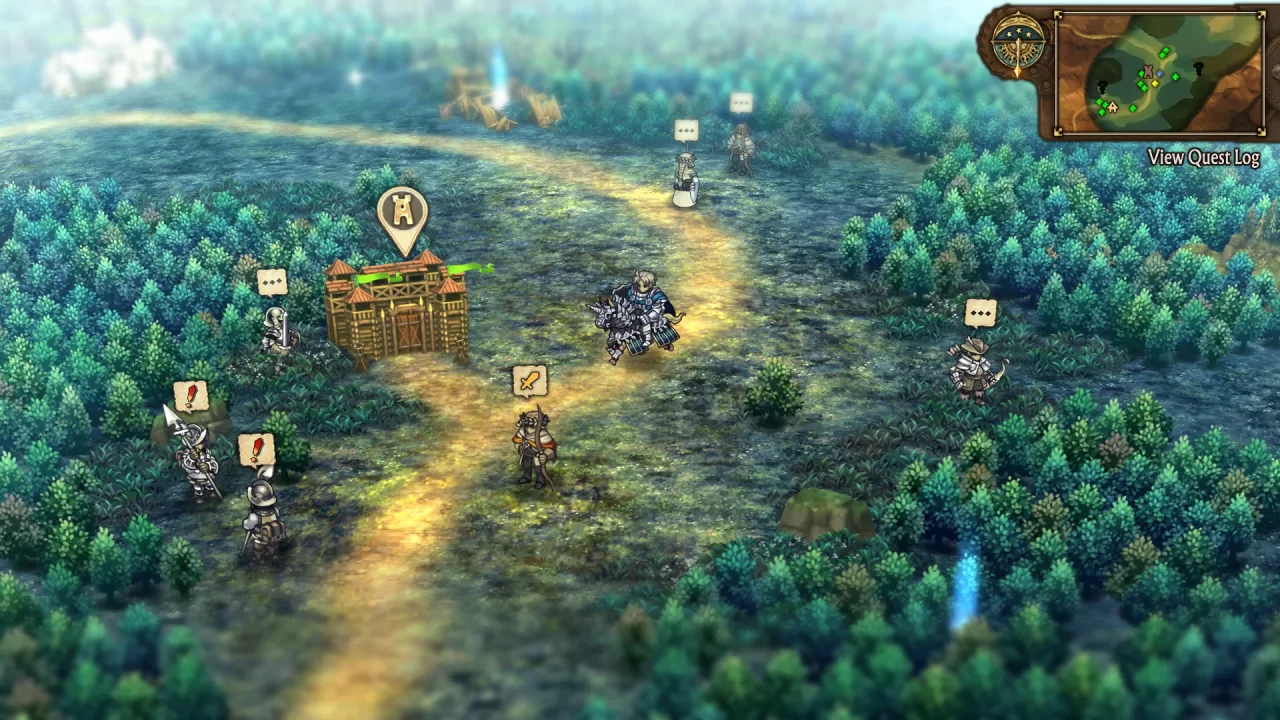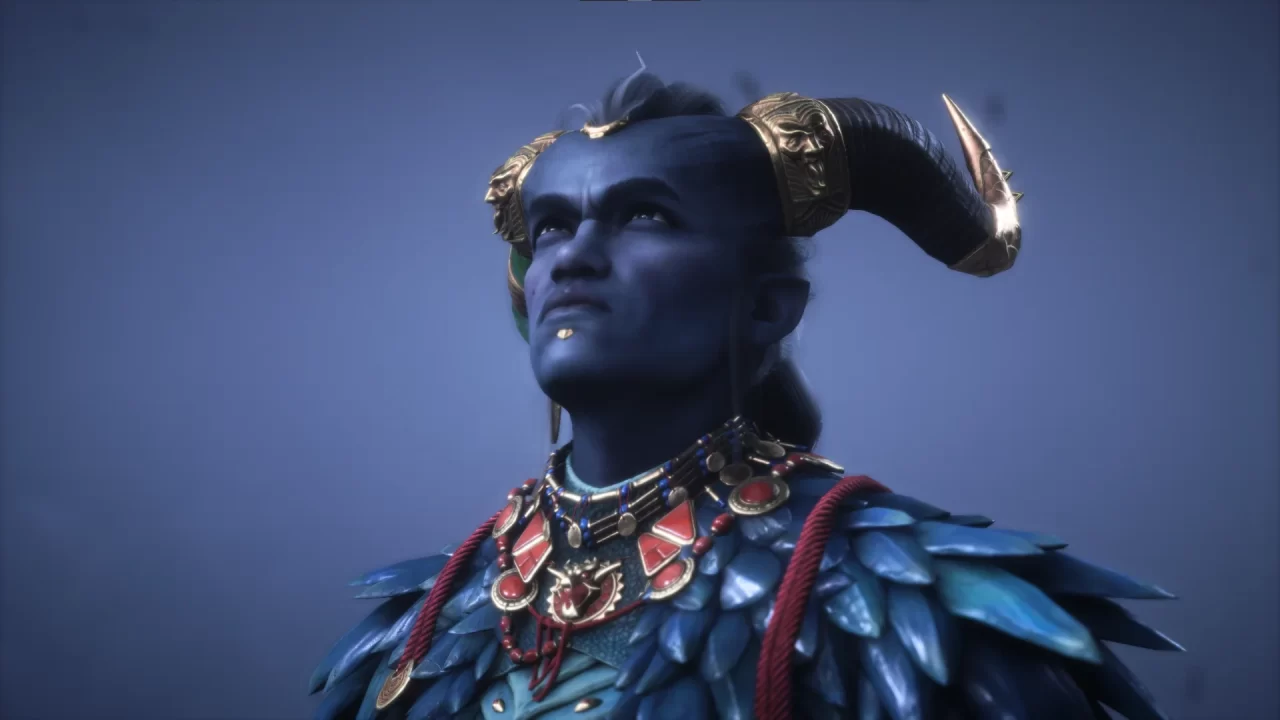Game of the Year That Rewarded Team-Building Like No Other
Unicorn Overlord is a masterpiece, a triumph, and a fantastic experience. Though not without flaws (the main plot is honestly kinda goofy), the flow of its battles, the unique traversing of the overworld, and the addictive gameplay loop of planning, strategizing, and organizing your units had its hooks so deep into me that I started a new game moments after I rolled credits.
Vanillaware received due credit for creating a system that rewards creativity and experimentation with various class designs, equipment, and unit placement. But the true genius, in my opinion, is a system that encourages more experimentation with party setup than just about any other and rewards that ambition with a tangible development in intercharacter relationships.
Eiyuden has 120 characters, and Fire Emblem made tactical character relationship-building famous, but neither comes close to combining the two in a way that is as ambitious, rewarding, and integral to maximizing your effectiveness as Unicorn Overlord.
Chef’s kiss out of 10. I’m already praying we get a sequel.
Game of the Year That “Tickled the Nostalgia Button”
If I had a phrase to describe my personal 2024, it would be, “more than one thing can be true,” and it just so happens to be an apt phrase describing Eiyuden Chronicles: Hundred Heroes. It’s no secret that much of Eiyuden’s development staff drew direct inspiration from the Suikoden series, a still underrated PlayStation 1 & 2 franchise with a fervent internet fanbase that ended when Konami decided to stop making games.
On one hand, Eiyuden Chronicles: Hundred Heroes improves on beloved parts of its “predecessor” series. The new take on base-building mechanics gives the player real say in how things develop and when, while also rewarding and providing increased context for a core part of the original series: large-scale character recruitment. On the other hand, nothing within the Eiyuden universe (yet) reaches the same highs in political intrigue and character drama represented in a genre-defining experience like Suikoden II.
More than one thing can be true: when compared to the original Suikoden release in 1995, Eiyuden Chronicles: Hundred Heroes contains real improvements on the original formula and is a celebration of retro-style JRPGs. Compared to the cult classic follow-up title, Suikoden II, Eiyuden still has far to go in crafting a narrative with legitimate political intrigue and deeper connections to its main characters.
Overall, Eiyuden Chronicles: Hundred Heroes is both a triumph for long-starved Suikoden fans and a victim of those that it was destined to be compared to. Hold space for both of these ideas as you engage with the game, and I promise you will enjoy your time with it.
“Everyone Has a Thing” Game of the Year
Although I have not quite hit my one-year anniversary at RPGFan as of this writing, one of the things I learned early on was that everyone here has a “thing.” Some of us are Pokémon guys (shout out Tom Cox), and others somehow weave a Yakuza reference on every podcast (*cough* Jono). It’s what makes RPGFan so great. We’re fans. We’re volunteers. We love this stuff.
It became clear to me in early June that my thing would be the Dragon Age series. Just look under the “related articles” section for Dragon Age: The Veilguard in the last six months, and you can probably taste my happy tears as we reported on each step of the game’s news cycle up until launch. I still can’t believe the fourth installment of this beloved series was released this year.
And it’s good.
Ten years after waiting in line on launch day for Dragon Age: Inquisition (the only time I’ve ever done so), Dragon Age fans were rewarded with a polished experience ensconced in lore, with more cameos and callbacks than Bianca can shoot a crossbow bolt at.
Thank you, BioWare. Now please deliver for Mass Effect the way you did for Dragon Age.





